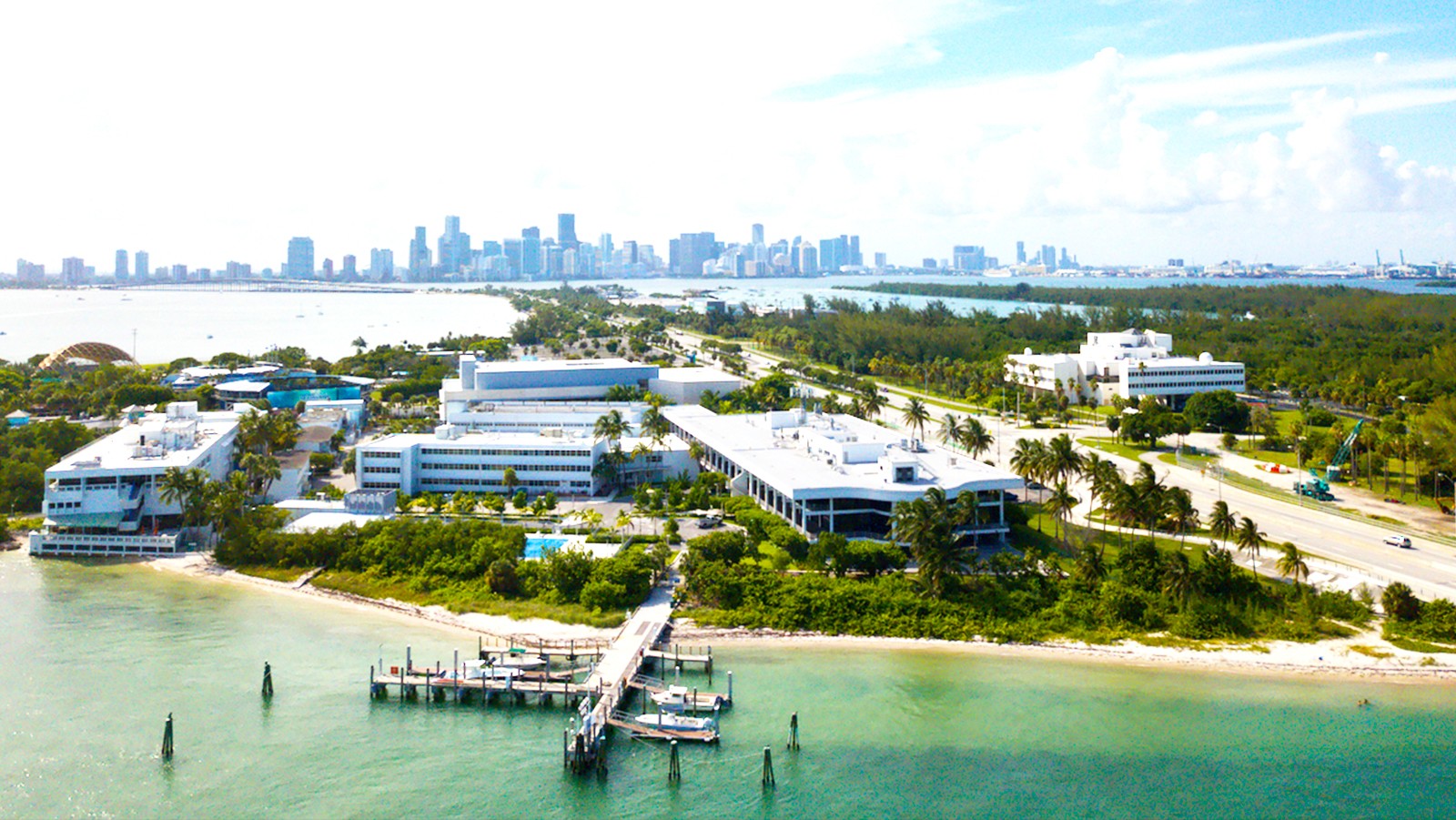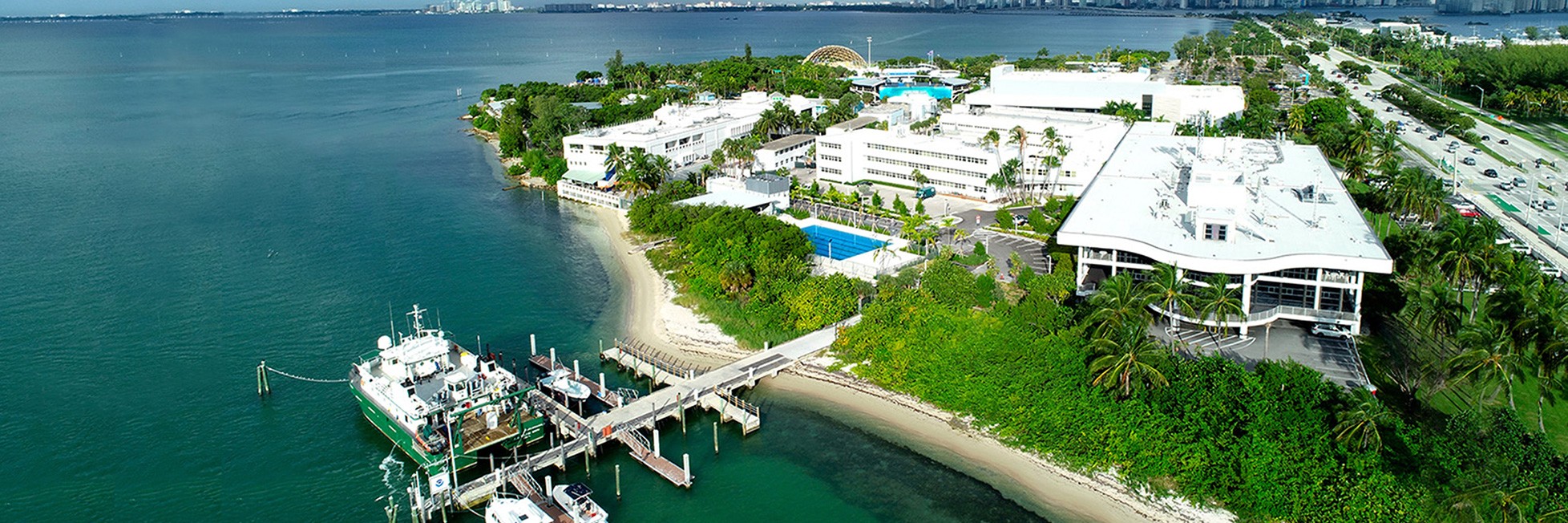We are Strong because of our Community
Cooperative Institutes
Cooperative Institutes are NOAA-supported partnerships between NOAA and a non-Federal organization that has established an outstanding research program in one or more areas that are relevant to the NOAA mission “to understand and predict changes in climate, weather, oceans, and coasts, to share that knowledge and information with others, and to conserve and manage coastal and marine ecosystems and resources”. Cooperative Institutes are established at research institutions with outstanding graduate degree programs in NOAA-related sciences. Cooperative Institutes provide significant coordination of resources among all non-government partners and promote the involvement of students and post-doctoral scientists in NOAA-funded research.

NOAA-funded Partners
News from Our Cooperative Institutes
Read More News


